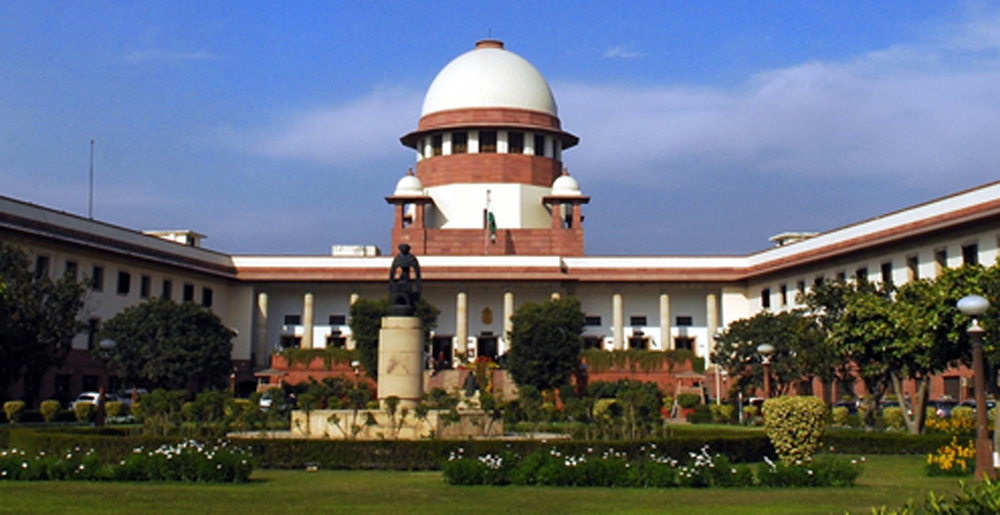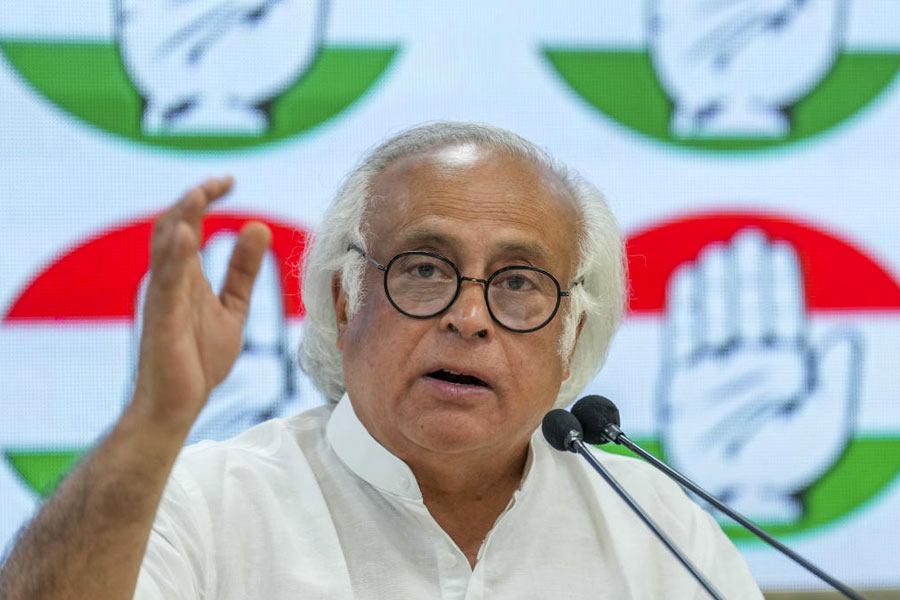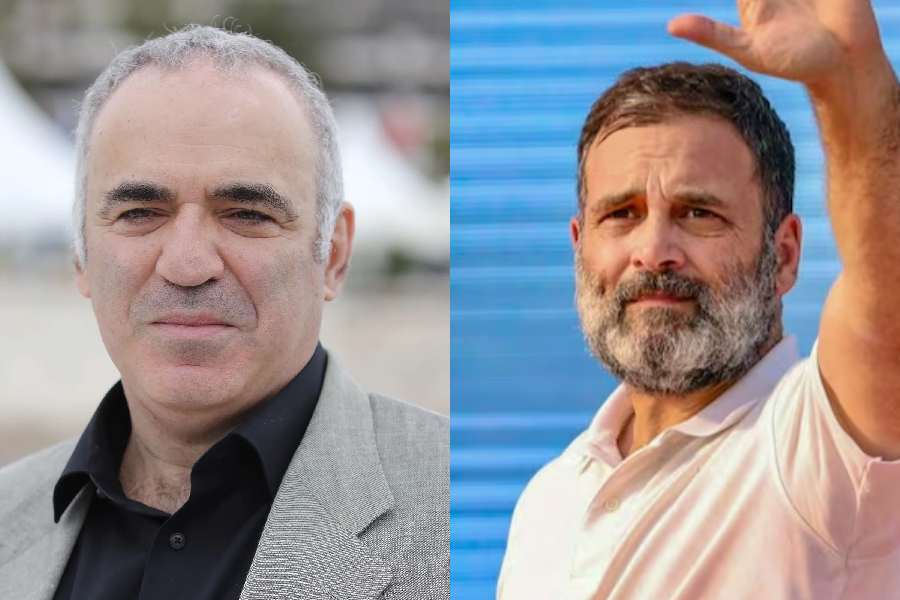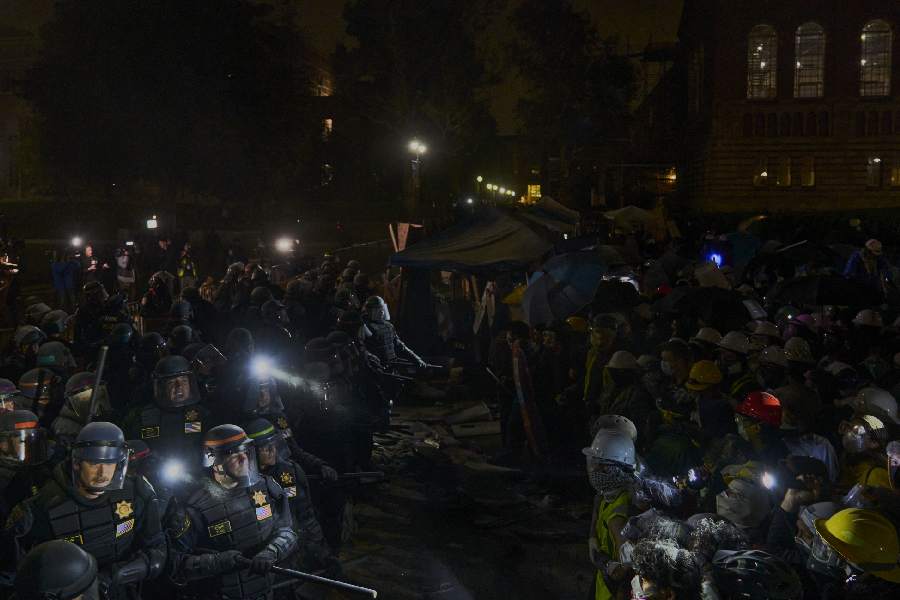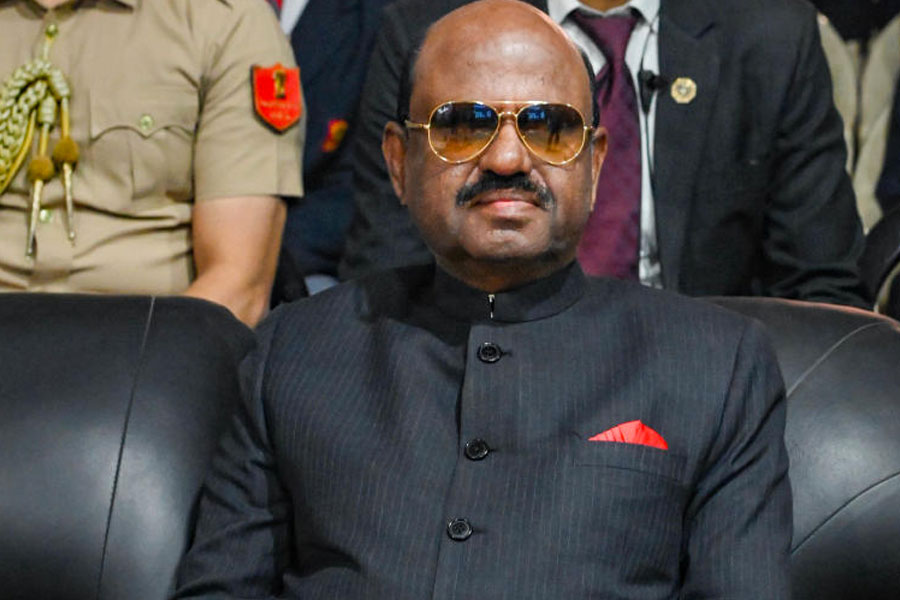The Supreme Court order making it mandatory to publish the reasons for fielding in elections those facing criminal charges is bound to put political parties in a fix as “winnability” can no longer be cited as the sole criteria.
While the two main political parties — the BJP and the Congress — have welcomed the verdict, many leaders privately agreed that explaining the reasons for choosing a candidate facing criminal charges would be problematic and would force parties to avoid making such decisions. While candidates anyway have to declare pending cases against them, parties were earlier not required to justify giving tickets to those facing criminal charges.
Traditionally, most parties have primarily two justifications for selecting candidates facing criminal cases: One, winnability; and two, the cases are politically motivated. Now they will have to formally state the reasons for not opting for a better candidate, making it possible for those left out to challenge the decision.
“This will create issues and put the candidates at a great disadvantage,” said a Congress leader who welcomed the court’s decision.
Many contend that debarring people from contesting elections on any ground could be undemocratic. While one section lays emphasis on personal integrity and record of a candidate, the other cautions against victimisation through misuse of such provisions by the State and political rivals.
It is true that a large number of leaders face criminal and civil cases owing to their participation in political struggles, while there is no effective mechanism to stop known criminals from becoming parliamentarians.
An RJD leader said: “Lalu Prasad was barred from contesting elections because he was convicted in corruption cases involving a few lakh rupees while leaders spend crores on a rally and hardcore criminals are sitting in Parliament. We need to look at this hypocrisy.”
Cleansing the system is easier said than done. Prime Minister Narendra Modi had promised in the run-up to the 2014 general election that he would throw out every tainted person from Parliament within one year of assuming office. He hadn’t taken any action against such politicians in his ministry in Gujarat as chief minister and is yet to show any concrete achievement on this front since becoming Prime Minister six years ago.
Congress spokesperson Jaiveer Shergill said at a media conference on Thursday: “Of the 106 Lok Sabha members facing serious criminal cases, 92 are from the BJP. In Delhi, five of the eight (BJP) MLAs elected two days ago face criminal charges. In Karnataka, the BJP made Anand Singh a minister only yesterday even as he has 15 cases pending against him. The BJP is the biggest provider, protector and beneficiary of crime in politics.”
The irony is that Singh, though not a minister, had been a Congress MLA in the past.
A report by the Association of Democratic Reforms, a watchdog, had said in May 2019: “Half of the newly elected Lok Sabha members have criminal charges against them, a 26 per cent increase as compared to 2014. Of the 539 MPs, 233 — 43 per cent — have criminal charges. The BJP has 116 such MPs, followed by 29 from the Congress, 13 from the JDU, 10 from the DMK and nine from the TMC. In 2014, 185 MPs had criminal charges and 112 serious criminal cases.”
The BJP welcomed Thursday’s verdict, with spokesperson Nalin Kohli saying: “It strengthens the electoral democratic process in enabling the voters to make a choice keeping all factors in mind.”
He said the order of the top court had to be complied with.
The Congress, being in Opposition, was more effusive. Spokesperson Shergill said: “The percentage of BJP candidates with criminal cases was 45, while such candidates in the Congress were 20 per cent. We are committed to clean politics and obviously we will achieve the target easily and faster.”
He added: “Today, 45 per cent of these 106 BJP MPs face cases of crime against women. The involvement of so many BJP leaders in crimes against women that shook the country recently is not accidental. We welcome the verdict and see this as vindication of Rahul Gandhi’s stance. When he had torn apart the ordinance to allow criminals to contest, people made fun of him. But we reiterate today that we are committed to cleanse politics and criminals have no place in Parliament.”
The Congress pinned the responsibility to cleanse politics on the Prime Minister, basing its assertion on an August 2014 Supreme Court judgment that said so.

